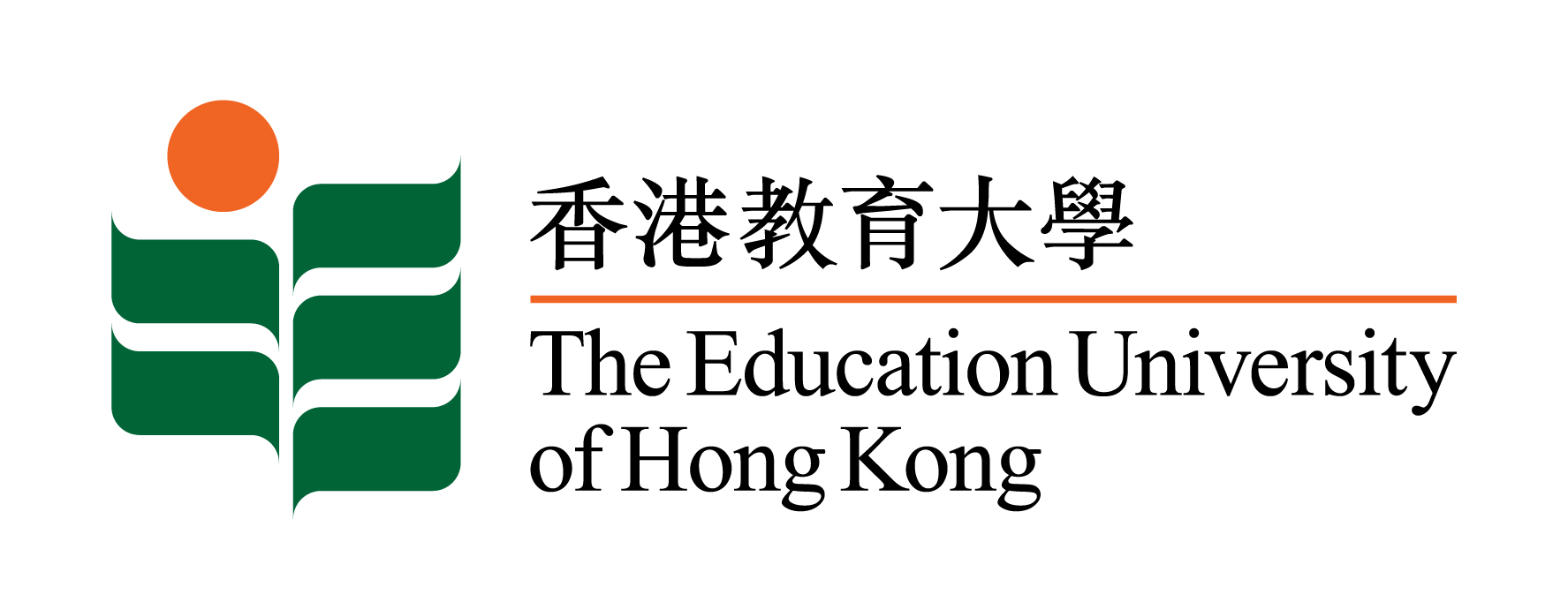[28 Nov] Seminar: The Enregisterment of a Cultural Discursive Practice on Chinese Social Media: The Case of dui (怼)
You are cordially invited to attend the seminar on The Enregisterment of a Cultural Discursive Practice on Chinese Social Media: The Case of dui (怼), organised by the Graduate School (GS). Details are as follows:
|
Date |
28 November 2024 (Thu) |
|
Time |
14:30-16:30 |
|
Venue |
D2-LP-09 |
|
Speaker |
Professor ZHU Hua |
|
Moderator |
Professor GU Ming Yue Michelle Dean of Graduate School, EdUHK |
|
Registration |
For Students: https://bit.ly/3UEUPYq |
|
For Staff: https://bit.ly/4fxQMVS |
*Please register before 27 November, 2024 (Wed).
Speaker
Professor ZHU Hua is Professor of Language Learning and Intercultural Communication and Director of International Centre for Intercultural Studies at the Institute of Education, University College London (UCL), UK. She is an elected Fellow of Academy of Social Sciences, UK and Fellow and elected Board member of the International Academy for Intercultural Research. She is Chair of British Association for Applied Linguistics (BAAL) since 2021. Her main research interests span across multilingual and intercultural communication and child language. She is book series co-editor for Routledge Studies in Language and Intercultural Communication; Cambridge Key Topics in Applied Linguistics; and Cambridge Elements in Applied Linguistics.
Abstract
How do people express agreement or disagreement culturally and what impact these acts may have social relationship? While research on Chinese conflict discourse has offered some insights on strategies of communicating disagreement in face-to-face interactions and their socio-cultural motivations, little attention has been paid to how Chinese social media platforms and, broadly speaking, Chinese digital culture, afford novel ways of expressing opposition and conflict and how these ways of speaking, unite or divide networked groups. This study examines the enregisterment of the cultural discursive practice dui (怼) on Chinese social media. Using a sample of social media posts collected through both systematic data scanning and observation, our analysis shows that dui evolved from a practice of friendly teasing, popular before the pandemic, into a more confrontational form of discourse marked by verbal aggression and refutation. As dui became a tribalising discourse, it further polarised user communities. The study illustrates the mutually constitutive nature of the enregisterment of discursive practices and social relationships and the importance of bringing together discourse analytical and socio-cultural perspectives in analytical terms.
How do people agree or disagree with each other? Existing, albeit limited, research on Chinese conflict discourse has offered some insights on the strategies of communicating disagreement in face-to-face contexts and the socio-cultural motivations behind these strategies. They have also identified some differences between disagreement in face-to-face contexts and those mediated through digital communication, with the latter allowing more direct acts of disagreement and showing different participatory dynamics. However, little attention has been paid to how Chinese social media platforms and, broadly speaking, Chinese digital culture, afford novel ways of expressing opposition and conflict and how these ways of speaking, unite or divide networked groups. This talk examines the enregisterment of a cultural discursive practice - dui (怼) - on Chinese social media, and its impact on group dynamics. Based on a sample of social media posts collected through a combination of ‘noticing’ and systematic data scanning and archiving, our analysis shows that dui shifted from a discursive practice of friendly teasing, a specific function that underpinned its rise of popularity prior to the onset of the pandemic, to an oppositional discursive practice characterised by wrangling, words of violence and a conversationalised journalistic discourse of refuting. The emergence of dui as a tribalising discourse in turn has further destabilised and polarised the user community on Chinese social media and beyond. The study illustrates the mutually constitutive nature of the enregisterment of discursive practices and social relationships and the importance of bringing together discourse analytical and socio-cultural perspectives in analytical terms.
We look forward to seeing you there!
All are welcome.


